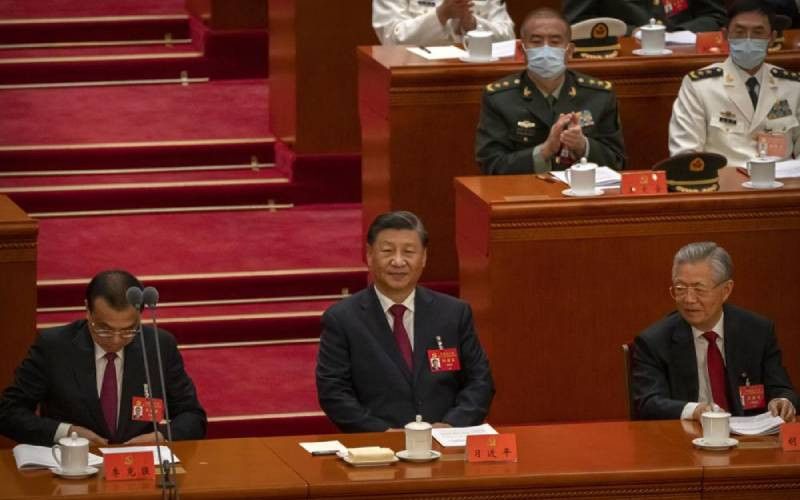×
The Standard e-Paper
Join Thousands Daily

The overarching theme emerging from China's ongoing Communist Party congress is one of continuity, not change.
The weeklong meeting, which opened Sunday, is expected to reappoint Xi Jinping as leader, reaffirm a commitment to his policies for the next five years and possibly elevate his status even further as one of the most powerful leaders in China's modern history.